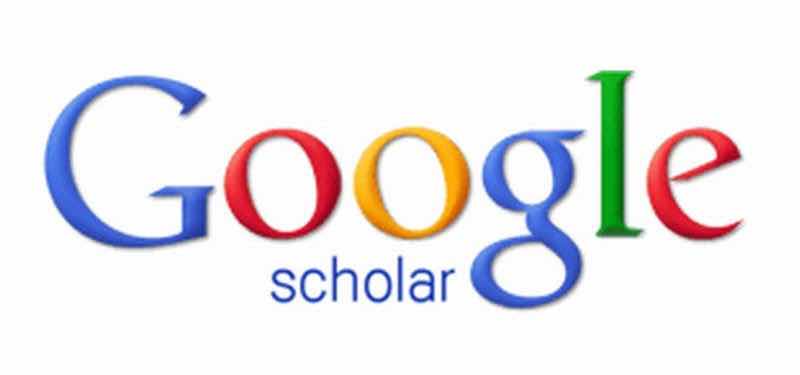EDUCATIONAL PROJECT EVALUATION
DOI:
https://doi.org/10.51473/rcmos.v1i8.2021.505Keywords:
educational project, evaluation, values, educational conceptions, educational subjects, impartialityAbstract
The evaluation process of the educational projects is an indispensable part of consummation and consolidation of the same. Studies on the evolution of education over the last decades have presented evaluation as a valuable instrument for the implementation of public policies that involve education and its validation in the school environment through educational projects. Once the allegations about the importance of evaluation throughout the development process of the educational project have been concluded, in a second instance, it is fundamental to reflect on the quality of the agents, the instruments and the evaluation strategies so that the evaluation is more cleared, In the process that compromise the seriousness and the final results and the advances that accompany it. It is important to emphasize that the composition of the evaluators should be observed, and it is essential that the evaluation team share common pedagogical, social, philosophical and even axiological conceptions, that is, assuming that the evaluator’s view is also influenced by his / her experiences , This with the politeness of maintaining impartiality in the judging process. In view of the above, this article proposes, through a bibliographical review, to bring to the fore the issues here alleged and, under the view of valorization of evaluation as a summative instrument in the implementation of the educational project.
Downloads
References
AZEVEDO, R. (Coord.): Projetos educativos. Elaboração, monitorização e avaliação. Guião de apoio. Lisboa: Agência Nacional para a Qualificação, 2011
BRASIL. Decreto-lei nº 43/89, de 03 de fevereiro de 1989. Estabelece o regime jurídico da autonomia das escolas oficiais dos 2.º e 3.º ciclos do ensino básico e do ensino secundário. Diário da República n.º 29/1989, Série I de 1989-02-03. Ministério da Educação, Brasília.
______. Ministério da Educação. Indagações sobre o currículo: currículo avaliação. Brasilia, 2007
Costa, Jorge Adelino. Gestão Escolar. Participação. Autonomia. Projeto Educativo da Escola. Lisboa: Texto Editora, 1991, p.26
FERNANDES, Domingos: Avaliação de programas e projetos educacionais: questões teóricas às questões das práticas. Institututo de Educação da Universidade de Lisboa, 2013, p.19.
LIMA, Elvira Souza: Currículo e desenvolvimento humano. In: Indagações sobre currículo. Ministério da Educação, Secretaria de Educação Básica, Brasíia: MEC, 2008, p. 29.
LUCKESI, Cipriano C. Entrevista concedida A Aprender a Fazer, publicada em IP – Impressão Pedagógica, publicação da Editora Gráfica Expoente, Curitiba, PR, nº 36, 2004, p. 4-6. Disponível em http://www.luckesi.com.br/artigosavaliacao.htm, acesso 06/12/2016
MOREIRA, Antonio Flávio Barbosa; CANDAU, Vera Maria. Currículo, Conhecimento e Cultura. In:
MOREIRA, Antonio Flávio Barbosa. Indagações sobre currículo. Ministério da Educação, Secretaria de Educação básica, Brasília: MEC, 2008. p.17-48.
SANTOS FILHO, José Camilo dos: Projeto Educativo da Escola: fundamentação, conceito e níveis de concreção- UNOESTE,disponível em: http://gajop.org.br/justicacidada/wp-content/uploads/z-2775_1124.pdf, acesso em: 27/11/2022.
VASCONCELLOS, Celso dos Santos. Planejamento: Projeto de Ensino-Aprendizagem e Projeto Político-Pedagógico – elementos metodológicos para a elaboração e a realização. 16ª ed. São Paulo: Libertad, 2000 (1995). (Cadernos Pedagógicos do Libertad; v.1), P.177.
Downloads
Additional Files
Published
Issue
Section
License
Copyright (c) 2024 José Roberto Flores Reche, Ivanise Nazaré Mendes (Autor/in)

This work is licensed under a Creative Commons Attribution 4.0 International License.











